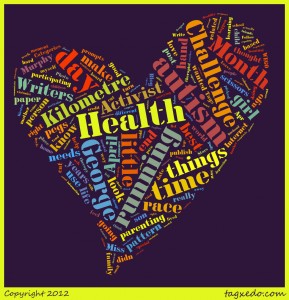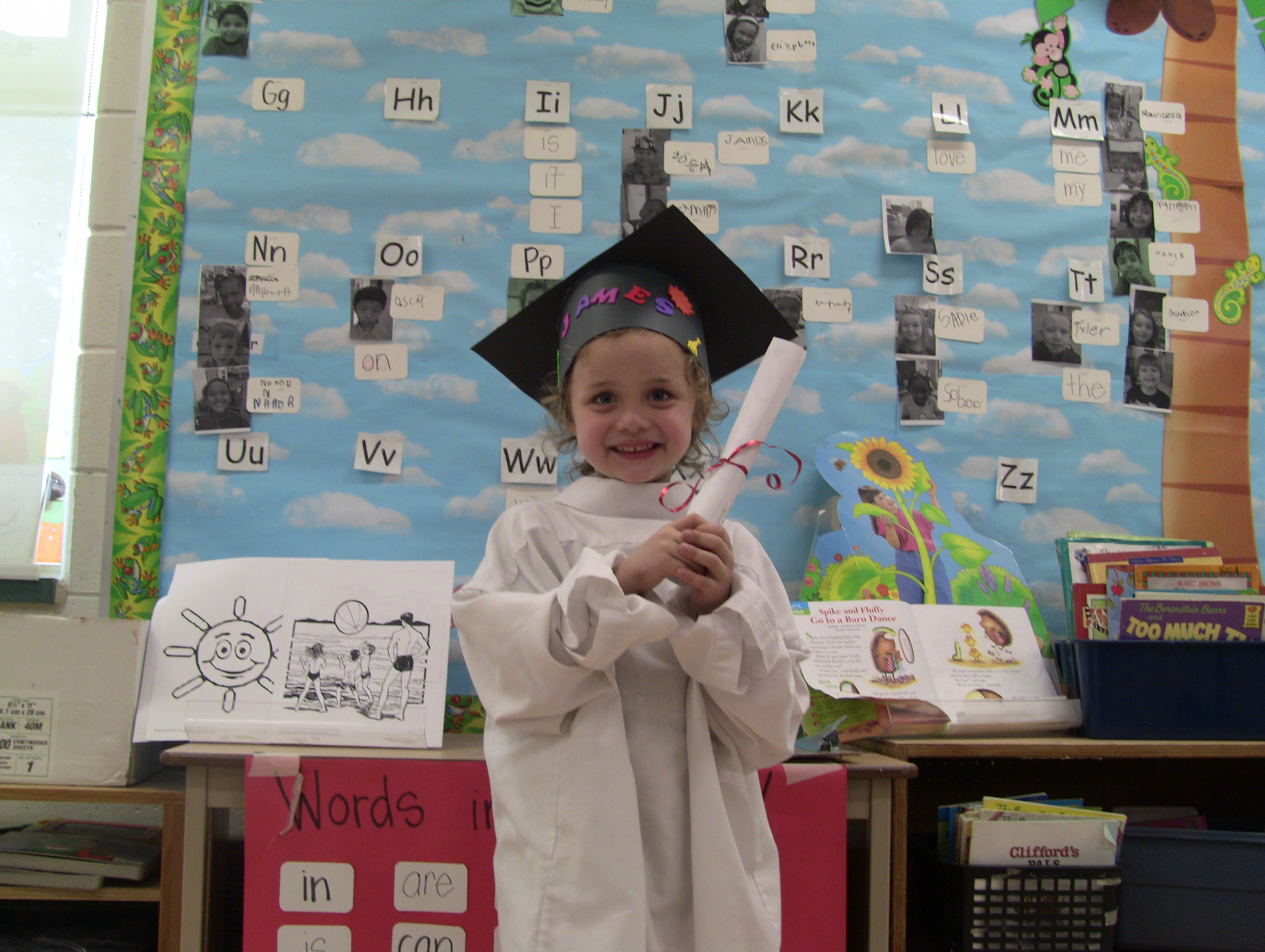Imagine for a moment that we live in a world where anything is possible. Money is no object, there are no stupid politics to get in the way, and logistics are never an issue.
If I could do anything…
… all children with autism would receive autism intervention therapy, be it IBI, Floortime, or any other methodology.
… all children with autism would have IEP’s that truly address their goals, and teachers who actively help the child work towards those goals.
… all siblings of children with autism would have access to programs and activities just for them, so that they could have fun with other kids who understand what it’s like.
… all autism families would get to go on vacations to autism-friendly places, where the parents could get an occasional break.
… children and teens with autism would never be bullied.
… every kid with autism would have easy access to sensory equipment, like swings and weighted blankets.
… every kid with autism would have a dog.
… big box stores like Wal-Mart would have “quiet” shopping areas, where the fluorescent lighting is less harsh, there are fewer people and the checkout areas aren’t so intimidating.
… ditto for airports, which would also provide special boarding for autism families.
… all autism parents would have the financial means to attend conferences and parent training and information sessions.
… autism parents would stop bickering over the causes of autism and judging each others’ vaccination and nutritional choices.
… the general public would have easy access to information about autism that is realistic and devoid of sensationalism.
… people with autism wouldn’t wander off and later be found dead – everyone would be safe, always.
… people with autism would have the same opportunities as anyone else to reach their full potential, whatever that might be.
… autism parents would be able to grow old without constantly worrying about the future, because they would know that their kids would be taken care of.
… no-one would believe that ridiculous myth that people with autism are incapable of emotion – everyone would be hugged by someone with autism at least once in their lifetime, and they would cry from the absolute beauty of it.













